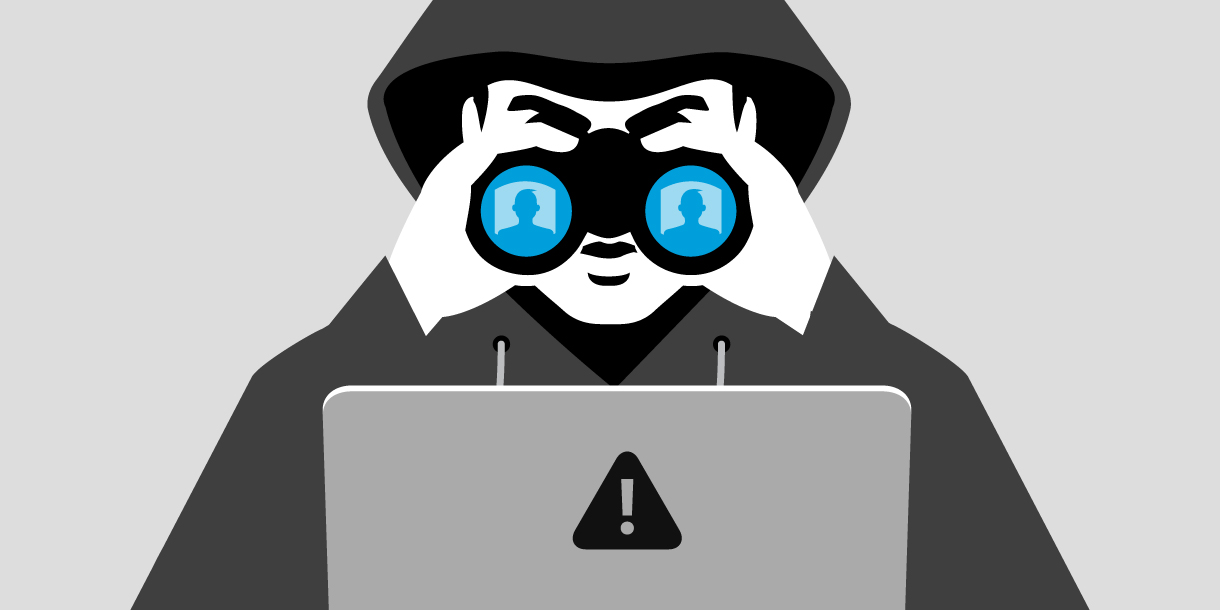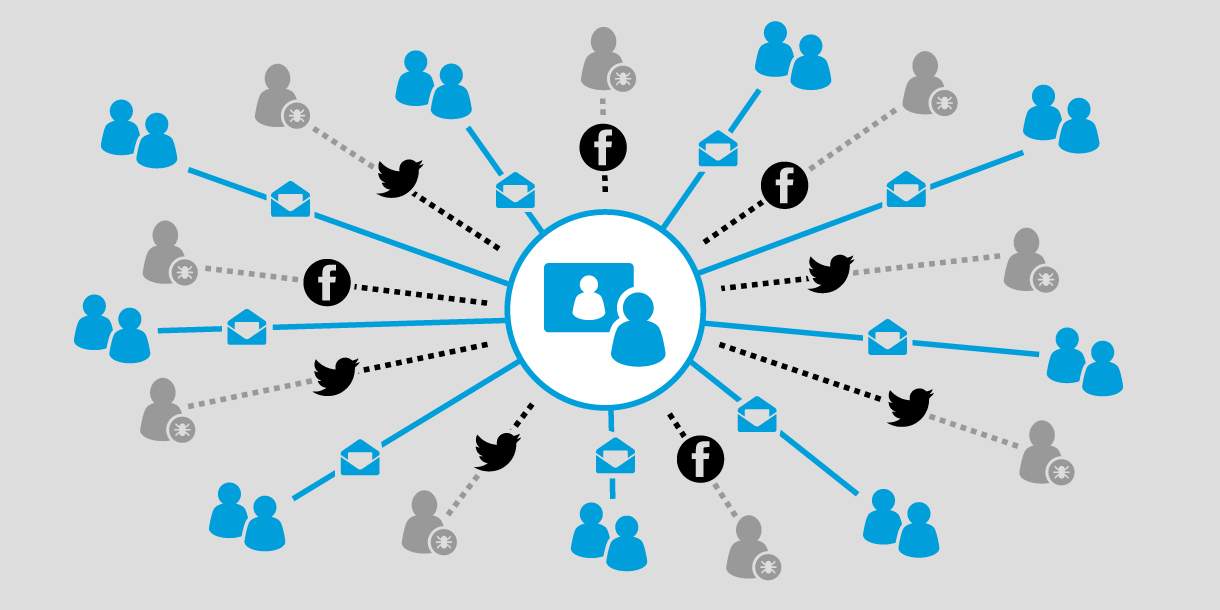Videoconferencing is booming. Businesses are using virtual conferences to bring people together quickly and efficiently. Families use video chats to bridge distances and share news during the pandemic.
But with virtual meetings happening more frequently, mischief-makers are taking advantage.

This practice is called video-bombing. Meeting links and invites may be found a number of places, including public social media posts, giving those mischief-makers a way to join those meetings uninvited. Virtual classrooms, family gatherings and business meetings have been targets for video-bombers who may be looking for sensitive business information, to cause a disturbance or even to share offensive material.
While many cases may be no more than a prank, some could also expose company secrets or emotional family news.
Don’t give these mischief-makers an easy target. Here are 3 simple things you can do to better secure your video meeting, no matter which service you use.
- Share meeting information privately: “The more the merrier” might not apply in this case. Send the meeting information (time, connection details, purpose) through email and only to those invited. Don’t share it on social channels for anyone to see. Also, don’t share your log-in credentials with anyone – not even friends and family members. Each time you share your ID and password combination, it potentially weakens your security.

- Use privacy settings and require passwords: Many services allow users to set up a personal meeting room or a more private, unique meeting room. Always opt for the latter and always require passwords from invitees to join.

- Be a gatekeeper: Some tools allow the meeting host to “let people in” the room. Essentially, all guests are put in a waiting room when they enter the meeting and can only join when the host allows them. This helps ensure everyone who joins was invited.

Don’t let a few bad apples ruin the benefit of videoconferencing during these challenging times. If you take proper precautions, it shouldn’t be too hard to keep uninvited guests out of your meetings.